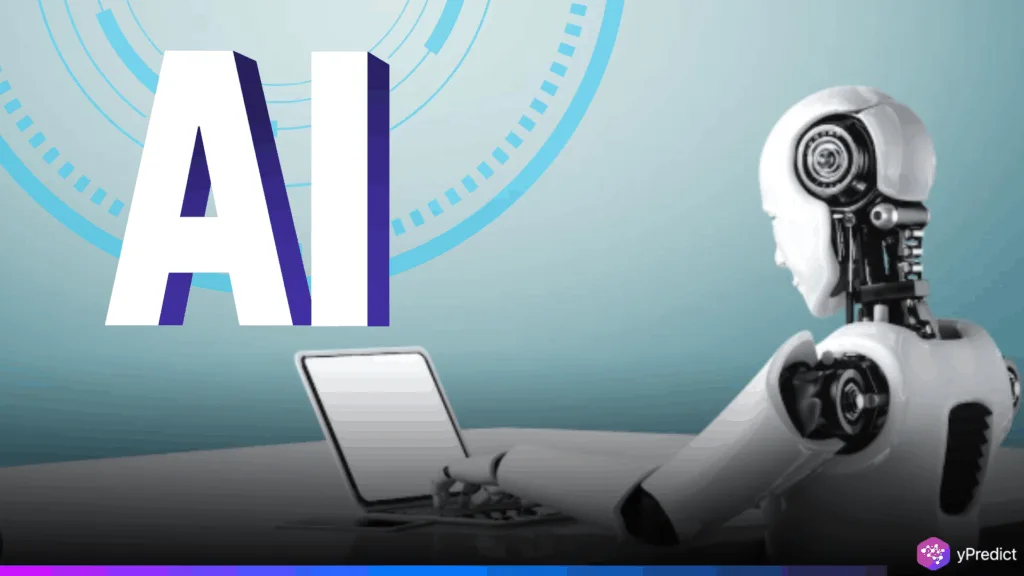
The door to Big Tech, which was once open to recent graduates, is now almost closed. AI is already replacing jobs, according to a recent report by the SignalFire State of Tech Talent—2025. Apple, Amazon, Google, and Meta have reduced their hiring of recent graduates by over half since 2022. This shift is the consequence of tighter budgets, growing skepticism regarding Gen Z hires, and the rapid advancement of AI. Additionally, hiring freezes are impacting even recent graduates from American universities for entry-level positions.
Big Tech’s Sharp Drop in New Grad Opportunities
In 2019, a significant percentage of new tech hires were graduates. By 2023, recent graduates made up 25% of Big Tech’s workforce. Today, that figure has dropped to just 7%. According to SignalFire’s report, AI tools that automate repetitive tasks are replacing traditional entry-level positions. This had a special impact on the departments of sales, recruiting, and products.
Startups, which used to be the top option for young talent, are becoming more selective. Recent graduates now account for just 6% of the workforce at Series C-funded startups. This is a significant drop from 11% last year and 30% in 2019. AI adoption and budget cuts are the main causes of this drop in tech employment.
AI Replacing Jobs Is The New Reality for Grads
SignalFire’s AI-powered platform Beacon analyzed data from over 650 million professionals and 80 million organizations to compile the report. The results show that businesses are less likely to hire inexperienced workers as AI becomes more advanced. According to 37% of managers, using AI is preferable to hiring a Generation Z employee.
A perception gap is another issue affecting entry-level positions. Approximately 55% of employers believe Gen Z employees are not good at working in teams. This perception, along with AI’s growing efficiency, is making it more difficult for recent graduates to establish themselves in Big Tech.
In a recent op-ed in the New York Times, LinkedIn’s Chief Economic Opportunity Officer, Aneesh Raman, expressed similar worries. He warned that young professionals could be particularly negatively impacted by AI replacing jobs as automation eliminates entry-level positions. Additionally, Raman predicted that this trend would spread beyond technology to industries like travel, food services, and finance.
How Will AI Replacing Jobs Shape Future Hiring?
New graduates are still left behind even though mid- and senior-level tech jobs increased in 2023. These days, businesses give preference to high-output jobs like data scientists and machine learning engineers. Additionally, positions that don’t directly support core product development are becoming less common, which is drastically changing tech hiring practices.
This reorganization represents a long-term structural shift rather than a brief decline. According to SignalFire’s report, if targeted support or policy changes are not put in place, a generation of early-career talent may be permanently excluded. Also, the economy as a whole may be impacted by the decline in entry-level roles.
AI replacing jobs may not yet be eliminating entire professions, but it is undoubtedly changing how young people start their careers. Companies are focusing on fewer, more specialized roles as more entry tasks become automated.
Graduates Need Skills for the AI Future
The current change is a fundamental reordering of opportunity rather than merely a hiring freeze. AI is replacing jobs, posing a threat to the traditional “start small and grow” career path. In addition to employers’ skepticism, Gen Z now has to deal with intelligent systems that never sleep or demand benefits. Therefore, to survive this era of shifting tech hiring, businesses, governments, and universities will need to reevaluate how they support the next generation. Otherwise, entry-level positions, which are the cornerstone of workforce development, may soon run the risk of becoming extinct.






